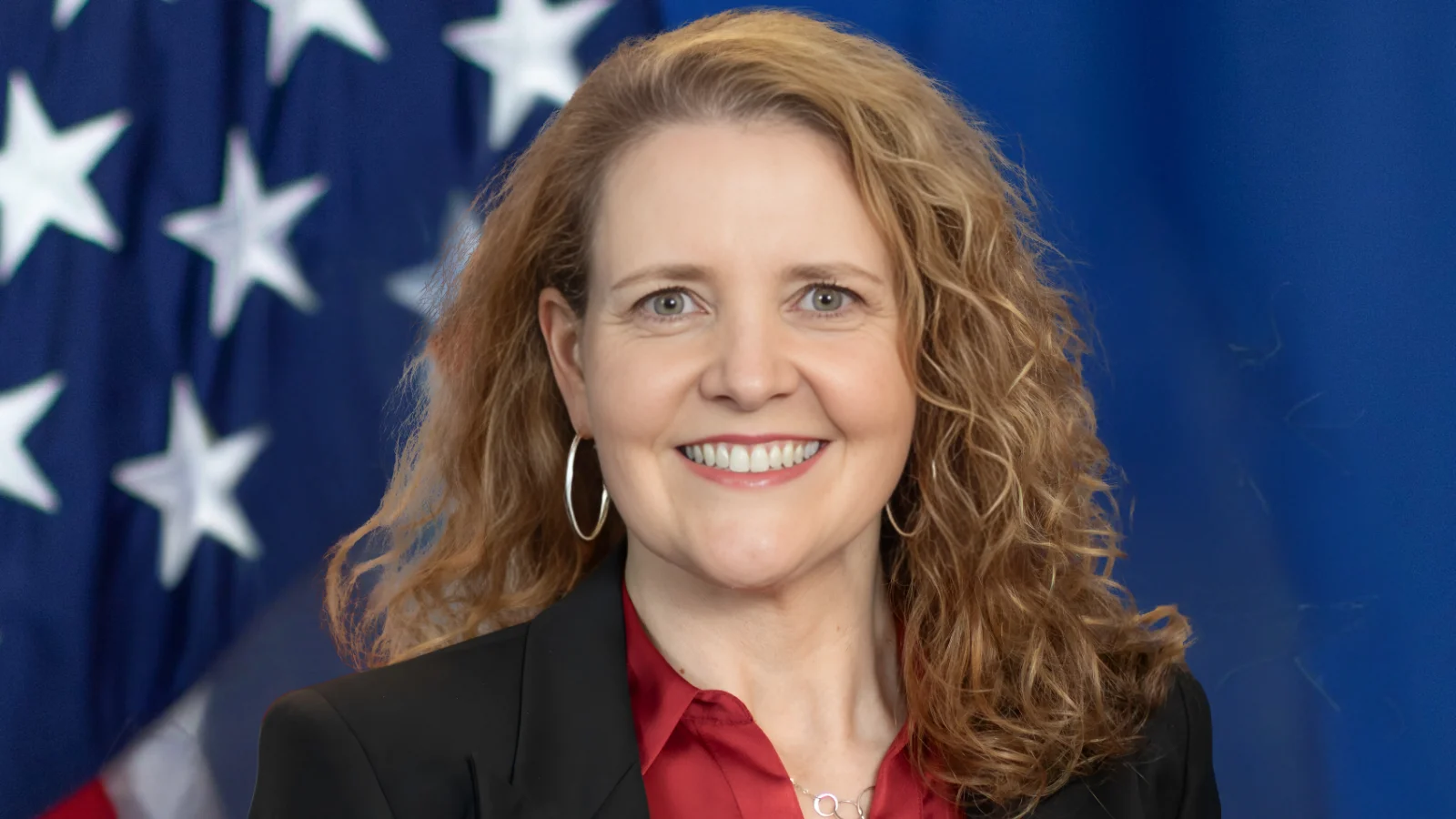The White House has submitted its annual determination to Congress identifying countries considered major drug transit or major illicit drug producing nations for fiscal year 2026. The list includes Afghanistan, The Bahamas, Belize, Bolivia, Burma, the People’s Republic of China (PRC), Colombia, Costa Rica, the Dominican Republic, Ecuador, El Salvador, Guatemala, Haiti, Honduras, India, Jamaica, Laos, Mexico, Nicaragua, Pakistan, Panama, Peru and Venezuela.
According to the statement: "A country’s presence on the foregoing list is not necessarily a reflection of its government’s counterdrug efforts or level of cooperation with the United States. Consistent with the statutory definition of a major drug transit or major illicit drug producing country set forth in sections 481(e)(2) and 481(e)(5) of the Foreign Assistance Act of 1961...the reason countries are placed on the list is the combination of geographic, commercial and economic factors that allow drugs or precursor chemicals to be transited or produced..."
The President designated Afghanistan, Bolivia, Burma, Colombia and Venezuela as having "failed demonstrably during the previous 12 months to both adhere to their obligations under international counternarcotics agreements and to take the measures required by section 489(a)(1) of the FAA." Justifications for these designations have been provided as required by law. However, U.S. assistance to Bolivia, Burma, Colombia and Venezuela will continue due to its importance for U.S. national interests.
The administration noted that trafficking in fentanyl and other illicit drugs by transnational organized crime has led to a national emergency in the United States. Overdose deaths remain high among Americans aged 18 to 44; more than 40 percent know someone who has died from an opioid overdose. In 2024 alone there was an average of over 200 deaths per day attributed to illicit drugs.
The statement continued: "First I have secured our borders using the full range of law enforcement and military resources necessary...For the first time in 4 years our border is no longer an open sieve for drug terrorist cartels...American lives are being saved with overdose deaths finally starting to recede significantly for the first time in over a decade."
Regarding international cooperation efforts:
- In Canada: "Prime Minister Mark Carney responded by appointing a fentanyl czar and proposing legislation to increase inspection powers...but more action is needed..."
- In Mexico: "President Claudia Sheinbaum has increased cooperation...Mexico has surged 10 thousand National Guard troops...achieved major fentanyl and precursor chemical seizures..." The administration called for sustained efforts from Mexico against cartels.
- On broader strategy: "My decision to identify Mexico’s drug cartels and other transnational criminal organizations as foreign terrorist organizations opened new authorities for the United States..."
On China’s role: "For too long PRC has enabled illicit fentanyl production in Mexico...by subsidizing export of precursor chemicals needed...and failing to prevent Chinese companies from selling these precursors..." The U.S. imposed additional tariffs on Chinese goods and ended duty-free treatment for certain imports as part of measures against this activity.
About Colombia: “In Colombia coca cultivation and cocaine production have surged…Under President Petro’s leadership…Colombia’s government failed…to meet even its own vastly reduced coca eradication goals…” The designation could change if Colombian authorities increase their counter-narcotics actions.
Venezuela remains cited due to criminal networks linked with Nicolás Maduro's regime. “We will also target Venezuelan foreign terrorist organizations such as Tren de Aragua…”
Bolivia was acknowledged for some positive steps but urged further progress.
Afghanistan was again designated as having failed demonstrably on counter-drug obligations because illegal production continues despite Taliban announcements banning drugs.
The determination concludes with instructions for submission to Congress and publication in the Federal Register.

